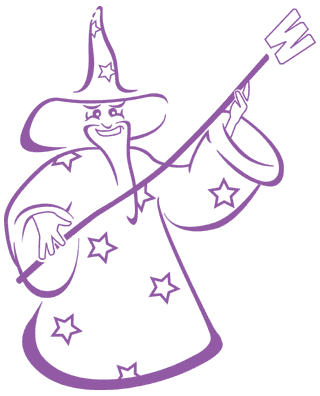If this is your account please contact SiteWizard on 08450 60 88 60.

Why Choose SiteWizard?
- Low Cost
- Easy Payments By Direct Debit
- Unique Money Back Guarantee
- No Contract
- Multi Award Winning Company
All accounts include:
- Professional Design
- Online Control Panel
- Content Management System
- Unlimited Email Accounts
- And Much Much More...
